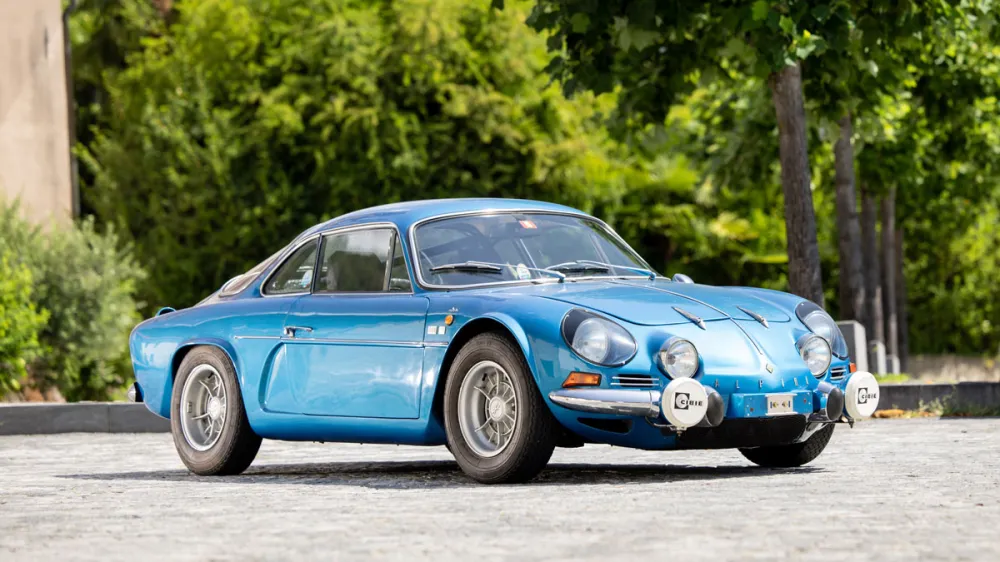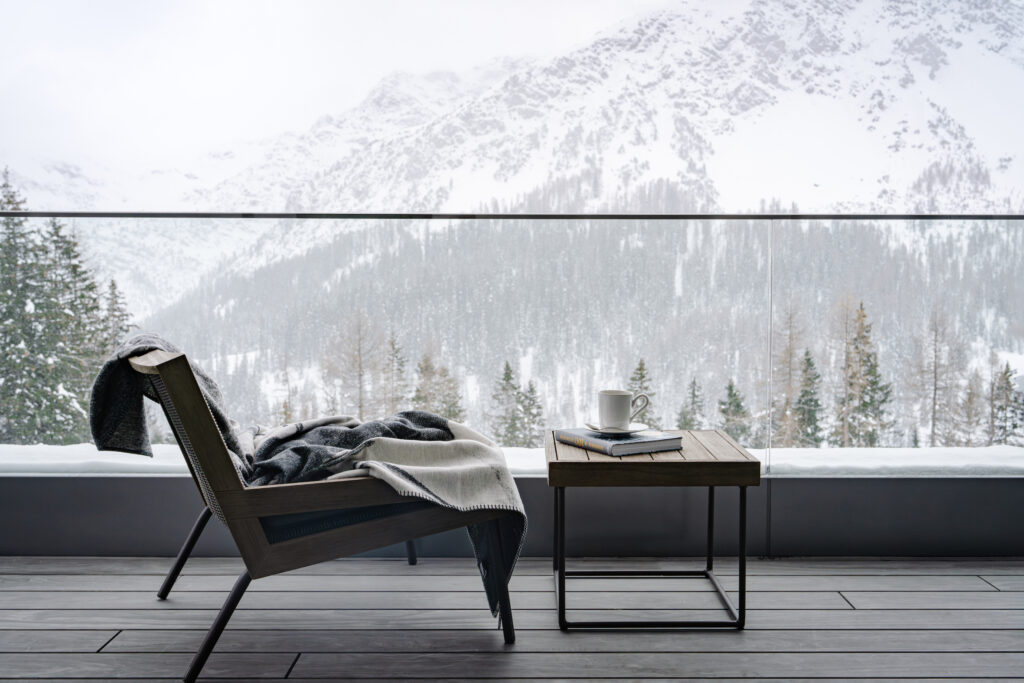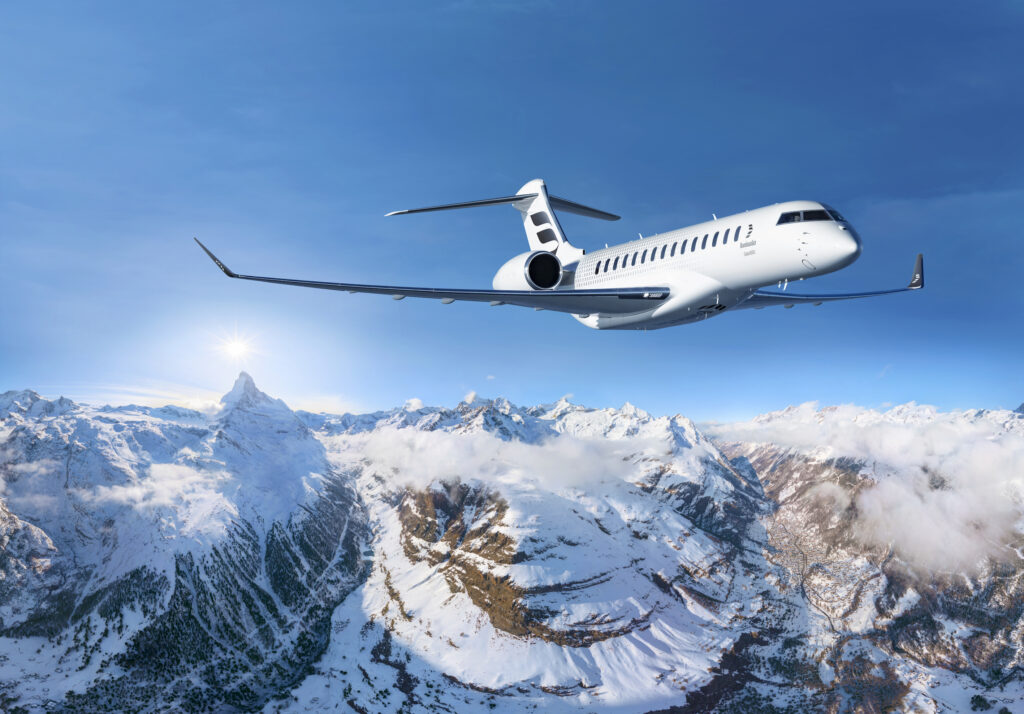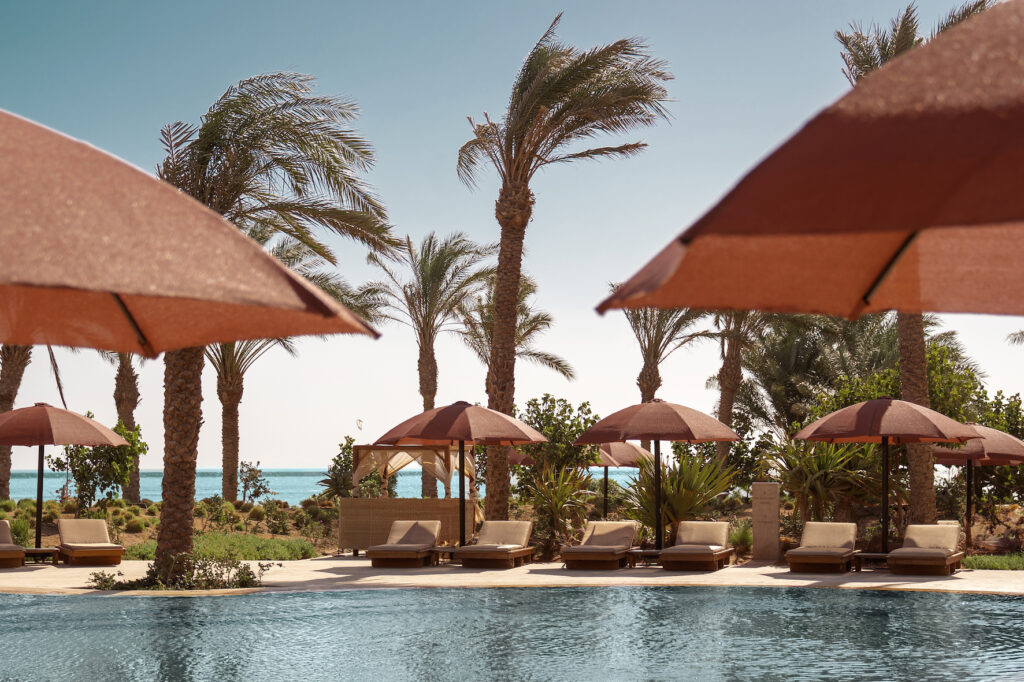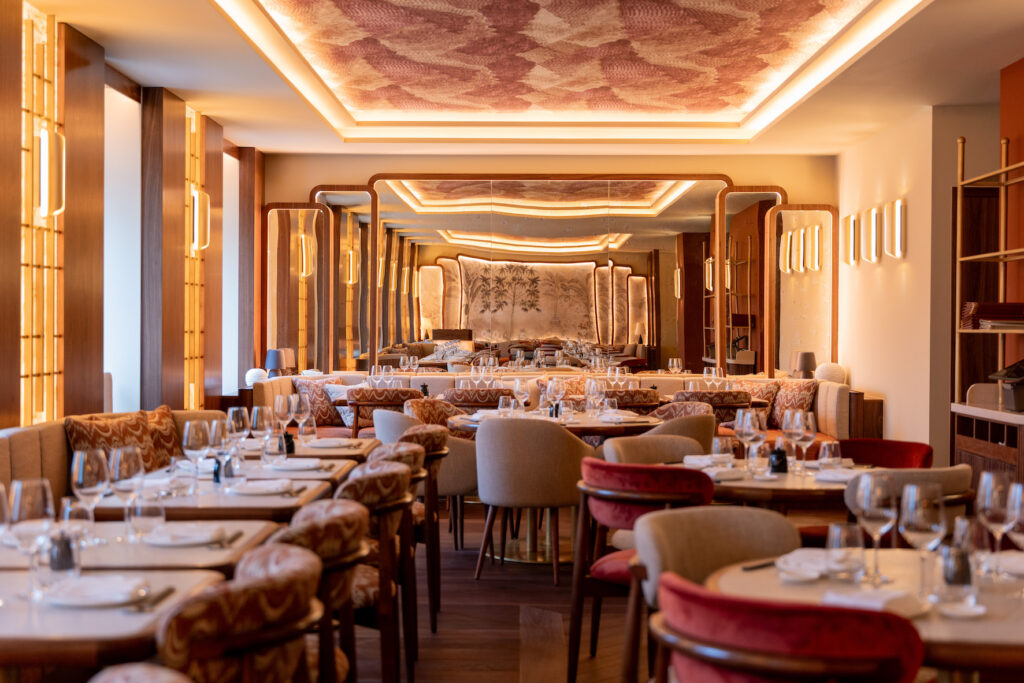Built from 1963 to 1977, the small model became a motorsport titan that continues to set the hearts of collectors racing.
Say the word “French,” and most Americans think of wine, fashion, pastry, and perfume. Cars, not so much, which is a shame, considering the history of the French automobile is as compelling a story as that of a vehicle from any other country on the Continent. Apart from Bugatti, few great French cars ever came stateside, save perhaps the Citroën SM (whose model name suggests the pain that car can inflict on its long-suffering owner). One little French jewel of a sports car that never reached the U.S. market is the Alpine A110.
Alpine was founded in 1955 in Dieppe, a town in northern Normandy, and the marque, now under ownership of Renault, still produces cars today, including the modern Alpine A110, which would not exist if it were not for the motorsport victories and aesthetic perfection of its forebear.
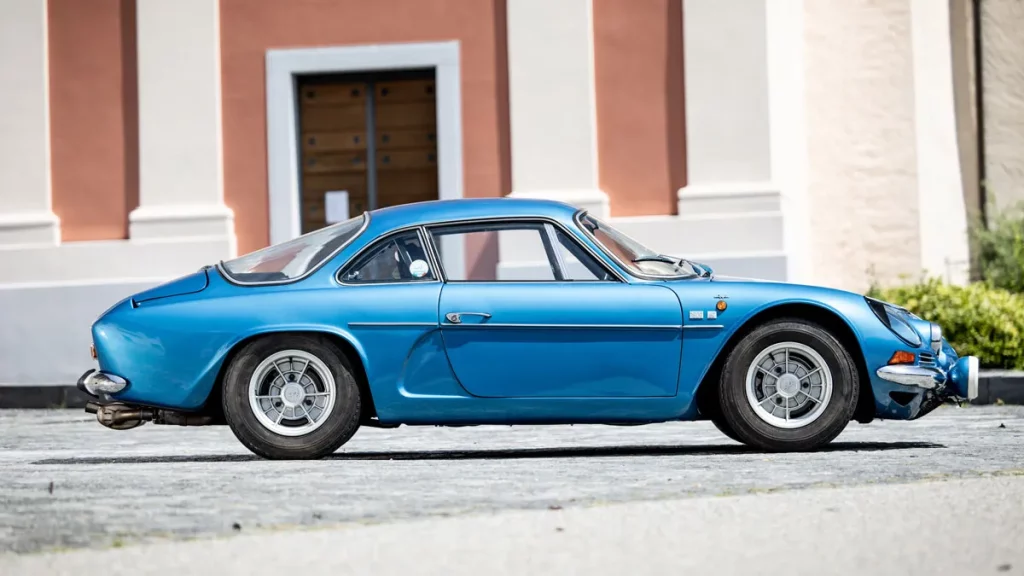
Indeed, the most notable Alpine of them all is the original A110, made from 1963 to 1977. Its fetching design was by the hugely prolific Giovanni Michelotti, whose pen touched nearly every great Italian marque. The Alpine’s beauty is in its economy of size, weight, and power train. Like a dachshund or Jack Russell terrier, the A110 was purpose-built to fight well above its weight. And that weight was minimal—less than 1,600 pounds—thanks to a fiberglass body over a steel-backbone chassis. Its underpinnings were from Renault, including the rear-mounted inline-four engine that grew in displacement and power output—from 1.0 liter and only 51 hp, to 1.65 liters and up to 180 hp—by the end of A110 production.
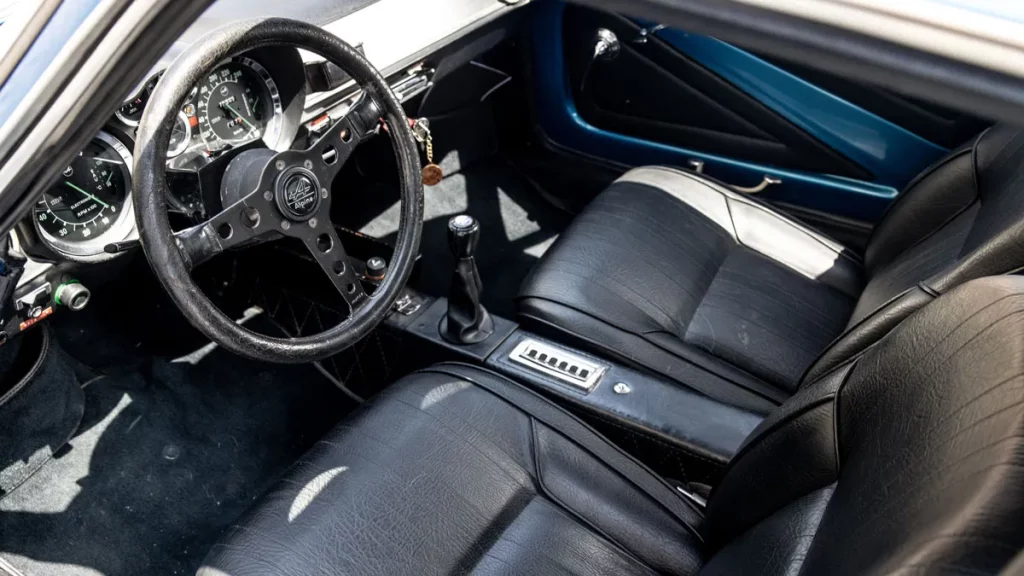
The flyweight Alpine achieved success as a rally car in the late 1960s, and international fame followed as it won many European events in the International Championship for Manufacturers, and 1-2-3 finishes at the Monte Carlo rally in 1971 and 1973. Its greatest success occurred in that latter year, when Alpine became the first World Rally Champion, defeating competitors such as Lancia, Porsche, and Ford. Only Lancia’s V-6-powered, mid-engined Stratos, unleashed in the same year, eventually put an end to the dominance of the diminutive Alpine A110. Yet its legendary performance as a David among Goliaths cemented the model’s place in history. All of which begs the question, “What makes a true supercar?”
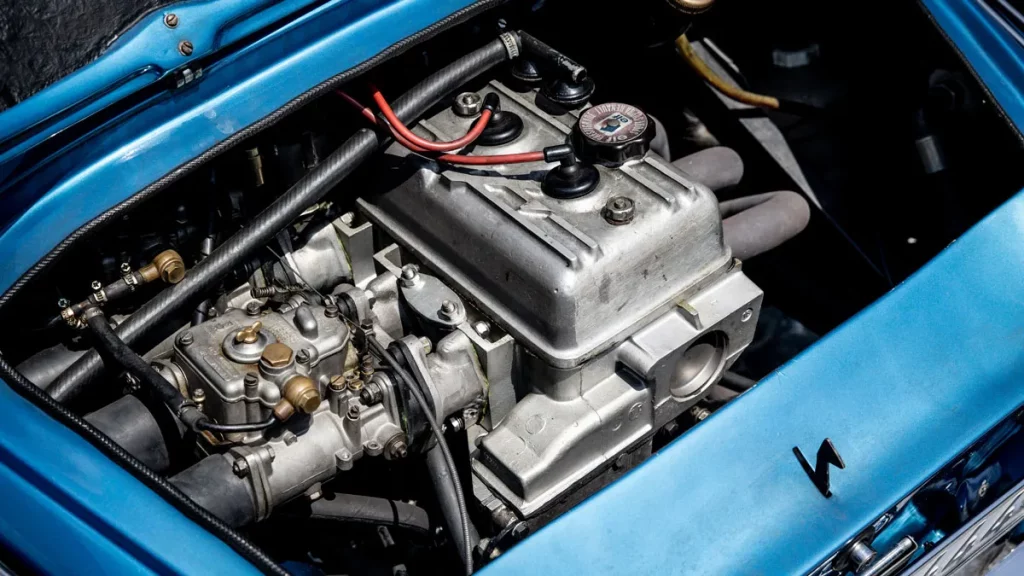
To gain ingress or egress to the A110, one must be like Houdini, or that aforementioned Jack Russel terrier: either dexterous or small. But such attributes will be amply rewarded. Scarcely 44 inches high and less than 13 feet long, the Alpine A110 is best served up in metallic French Racing Blue. The details are what captivate; chrome strips on the hood and sides, and exquisite chrome hood hinges prefiguring the decklid hinges on Ferrari’s 275 GTB/4.
Everything is smaller in the A110 world, where the original’s 13-inch wheels use only three lug bolts. By the 1970s, the model’s 1.6-liter Renault R16 TS engine—given twin Weber carburetors and shoved way in the back of the vehicle—made about 125 hp and 106 ft lbs of torque. That output was good for giving the model a factory-claimed zero-to-60 mph time of 6.3 seconds and a top speed of 130 mph.
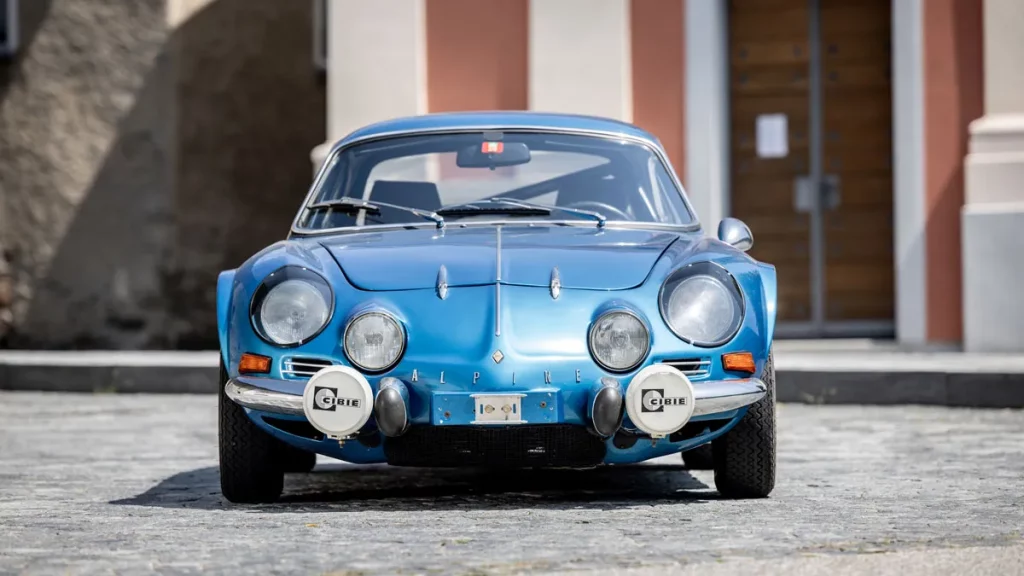
The Alpine A110 was not solely built in Dieppe. The marque’s rallying success increased demand such that Alpine outsourced production to Spain, Bulgaria, Mexico, and Brazil. Not much of that matters today, as fewer than 7,500 examples were made throughout the model’s lifespan. Owning an Alpine A110 requires an enthusiast’s dedication and some mechanical aptitude, not because things under the hatch are overly complicated, but because, as with any esoteric make or model, an owner needs to be sympathetic to its needs and able to understand what it’s telling you.
Depending on an example’s vintage and tune, prices range from beyond $150,000 for a concours car, to around $130,000 for one in excellent condition, regardless of model year. However, buyers with a toolbox and mechanical chops can join the A110 club for far less, provided one can stuff oneself inside the shell of Alpine’s elegant automotive escargot to enjoy the rewards both rich and rare.

